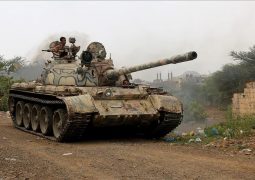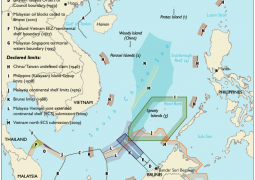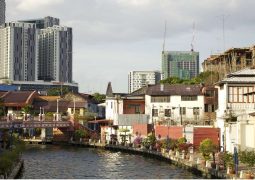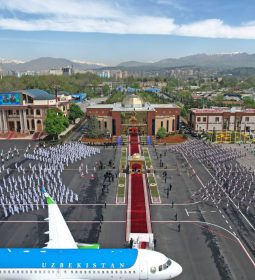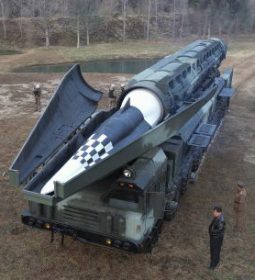U.S. drug war in Afghanistan has been miserable failure
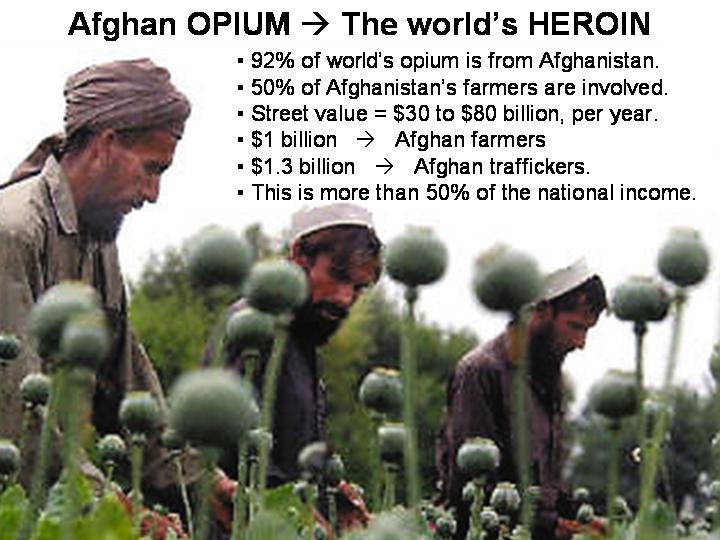
There is no delicate way to put this: The federal government’s “war on drugs” in the U.S. has been a stupendous failure. The only way it doesn’t look quite so bad is when it is compared to the mess we have made conducting a drug war as part of the rebuilding of Afghanistan.
One of the goals of the massive reconstruction effort in Afghanistan was to eradicate the country’s opium production, whose proceeds oftentimes fund insurgents. But despite 15 years and $8.5 billion in taxpayer dollars spent to fight opium cultivation and trafficking, the illegal opium industry is booming and Afghanistan is its epicenter.
In fact, the office of the Special Inspector General for Afghanistan Reconstruction reports, “Afghan farmers are growing more opium than ever.”
More importantly, Afghanistan is responsible for 90 percent of the world’s illicit opiates, such as heroin, and opium production increased 43 percent just in the past year, the United Nations Office on Drugs and Crime reported in October.
Whoops.
Unfortunately, this is just one of the many whoops moments for the U.S. efforts in Afghanistan. The rebuilding effort has been plagued by waste, fraud and corruption from the start.
Consider the $772 million the Defense Department spent to purchase aircraft that the Afghan military cannot operate or maintain, the $34 million for a 64,000-square-foot military headquarters facility that military commanders did not want and never used and the $34.4 million spent on a program to encourage soybean farming and consumption, despite the fact that Afghans generally do not like soybeans and produced so few of them that the vast majority of crops had to be grown in America and shipped to Afghanistan.
Those are but a few of the highlights.
“We’ve built schools that have fallen down, clinics that there are no doctors for, we’ve built roads that are falling apart,” Inspector General John Sopko told Agence France-Press in 2014, adding that the amount of waste is “massive.”
To offer a stunning bit of perspective about the size of this effort, the cost of reconstruction in Afghanistan has now surpassed the inflation-adjusted amount spent on the Marshall Plan to rebuild Europe after World War II. To say that the results for all that expense are disappointing would be a grievous understatement.
This does not even include despicable errors like the bombing of a Doctors Without Borders hospital in Kunduz in 2015 that killed 12 doctors and 10 patients and wounded 37 others, or our tolerance of some allies keeping children, particularly young boys, as sex slaves, sometimes even while they were guests on U.S. military bases.
The federal government would do best to cut its losses in the drug wars both here and in Afghanistan. When policy fails this badly, it is time to develop a new strategy.
- Previous The bastardisation of Thai Buddhism
- Next Dr M: Forget red carpet, let’s debate 1MDB, RM2.6 billion





